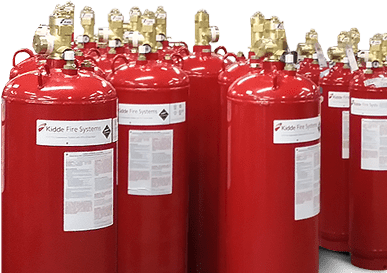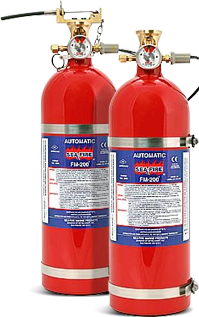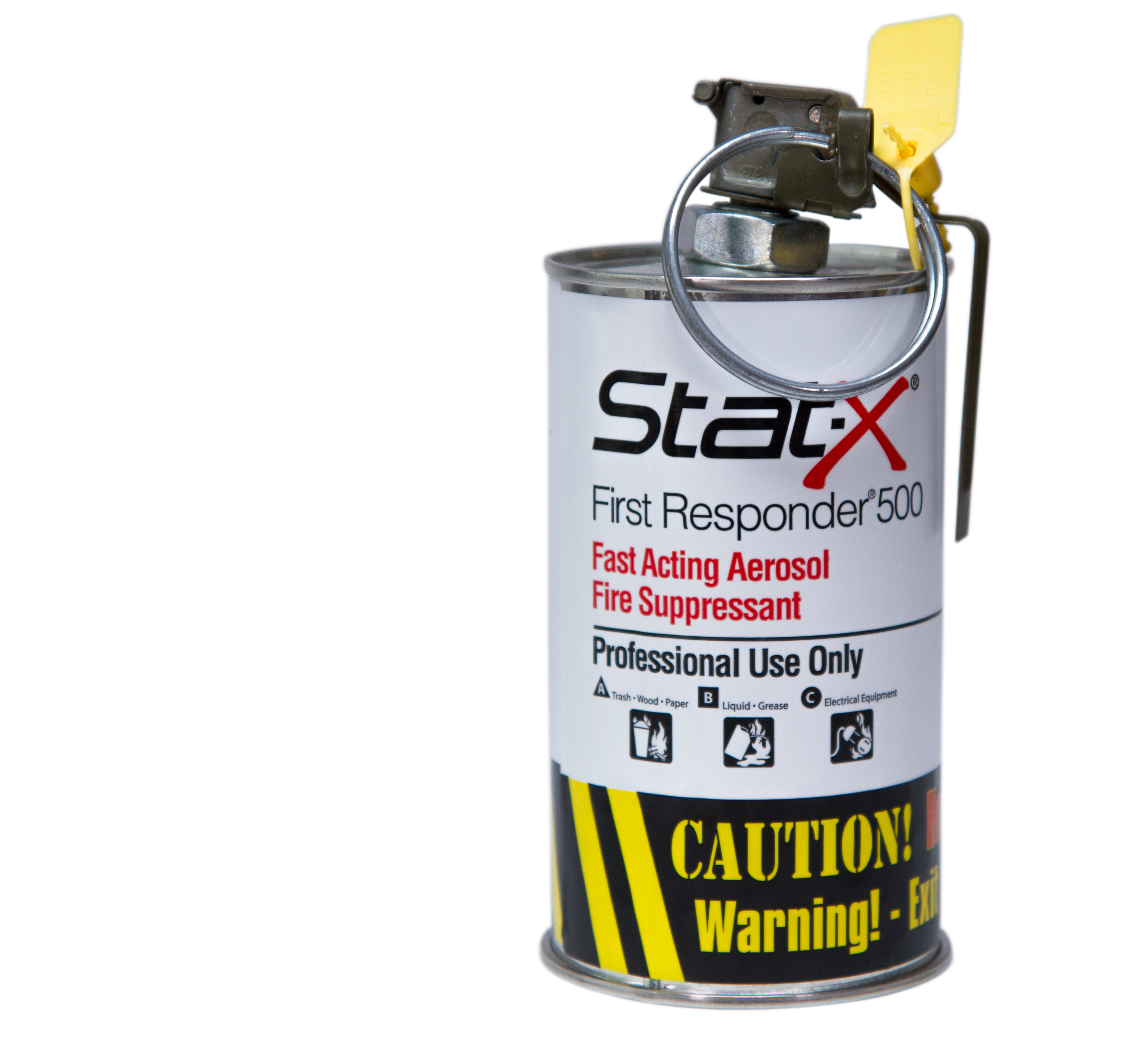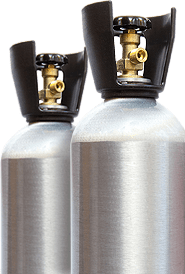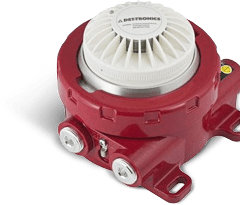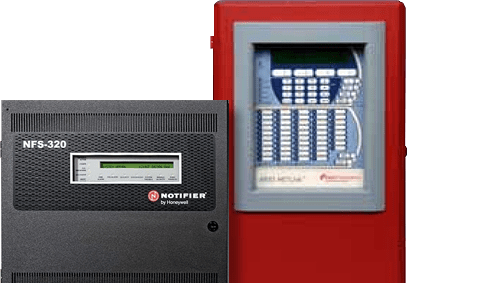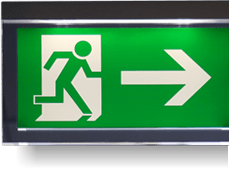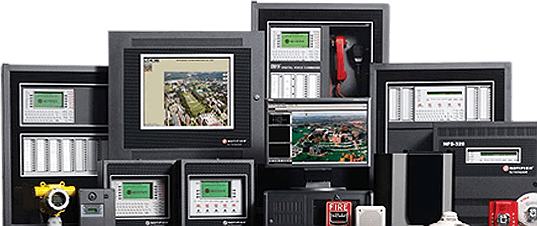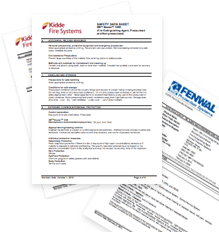How to Plan for a Fire Alarm System Replacement
Fire alarm systems form the backbone of every building's safety ecosystem.
However, from the simplest application to multi-building deployments, all systems have a lifespan, and you must know where you stand with yours.
When Is It Time to Upgrade Your Fire Safety Equipment?
Sprinkler systems, when properly maintained, can be expected to last 50 years before the sprinkler head needs to be removed and sent back for testing and recertification.
Even the most well-maintained 50-year-old system can't compete with modern fire safety system design capabilities. However, while your modern systems have a lot to offer, because of the constantly evolving landscape of fire safety technology, their lifespans generally last between 10 to 15 years. This is especially true for ones that are designed to detect smoke, heat, or changes to the room's environment. Whether you have a legacy system or something more modern, it's important to routinely assess the effectiveness of your system and understand where it is in its lifespan.
Upgrades replace malfunctioning pieces of equipment in your fire alarm system and often extend the capabilities of your system. At a certain point, however, it's simply not possible to go farther without compromising the safety of your facility, or falling out of compliance.
Red flags indicating it's time for a replacement include:
- Excessive repairs: As soon as you fix one component, another one fails.
- Failures: Your system has an established pattern of failures and instability.
- No parts: The parts to repair your system are no longer available because they're obsolete.
- Component incompatibility: If newer parts of your system aren't able to communicate with older parts, you might need to opt for a newer system to stay in compliance.
- Code changes: Fire codes or industry regulations have changed, and your current system is no longer sufficient.
- Renovations: When you make changes to your facility, you might also have to change or add to your fire alarm system to remain in compliance.
How to Plan for a Fire Safety System Upgrade
A successful fire safety system upgrade relies on a solid plan that includes three key elements:
1. Fire System Audit
This critical step ensures your fire protection engineer has enough information to design a system that meets your needs, gives you excellent protection, and will have a long lifespan, giving you a better ROI on this important infrastructure upgrade.
2. Fire Code, Industry, And Insurance Requirements
Every industry is subject to a complex and multi-layered network of fire codes, mandated safety measures, and insurance requirements. These requirements may also vary depending on your region. Coordinating with your Authority Having Jurisdiction (AHJ), your insurance company, organizations that set safety requirements for your industry, and your fire protection engineer is important.
3. Know Your Budget
Once you've identified what you need and which regulations apply to your system, you can start talking about an appropriate budget. Your fire protection engineer will generate a report detailing the audit and including a recommended design. It might include sketches to illustrate where components need to be and will also take into account things like what electrical work needs to be done, architectural modifications, hazard abatement, and a cost per square foot.
Evaluating Your Facility's Fire Safety System Needs
In order to properly audit your facility's fire safety system needs, a fire protection engineer needs to do an on-site walkthrough. This lets them evaluate your building and the current system you have in place. It's also the only way to have a thorough understanding of both its features and its limitations. Older buildings tend to have a patchwork of systems that have organically grown over the years, leaving opportunities for blind spots and failures.
Your fire systems engineer must also know all about how you use the building, who is in the building and at what times, and if your industry has any special hazards to be aware of. Talk to them about what your current operations entail and discuss your future plans to make sure the system designed will grow with you.
Remember, fire codes and standards that apply to your site represent the bare minimum of what you must have. It may financially make more sense to create a plan that allows for future growth or gives you a higher standard of protection to avoid costly downtime.
Fire Alarm Options and Manufacturers
There are many excellent fire alarm system options and manufacturers these days. The good news is that this tends to drive down your equipment costs while allowing you to build a system customized for your exact needs. Talk to your trusted fire system service and supply company to help you zero in on the equipment that will work best for your facility.
Infrastructure Considerations
When replacing your building's fire alarm system, there can be many infrastructure issues. It might seem like financial common sense to use existing wiring for your new system, however, old wiring may have hidden reliability problems, or simply not be up to the task of handling the demands of more modern fire alarm systems. Talk with your fire system designer about your options for reusing existing wiring.
Key Goals for Your Fire Alarm System
Every fire alarm system shares similar key goals. You want to protect people and property while remaining in compliance with applicable fire codes.
- Life safety: Protecting the lives of your employees, tenants, or customers is paramount. Not only is it the right thing to do, but failing to do so opens you up to civil and criminal liability problems.
- Property protection: Minimizing damage, data loss, and production delays go a long way toward offsetting the cost of your upgrade. A short-term infrastructure expense is nothing compared to having to rebuild a large part of your facility or losing crucial data that can't be replaced.
- Reliability: If your system keeps breaking down or triggering false alarms, you're not adequately protected.
- Equipment standardization: When all your equipment is from the same manufacturer and designed to work together seamlessly, you'll also have a system that's easier to design, install, maintain, and will remain reliable for a longer period of time.
- Operational cost: Make sure your planned system meets your life safety and regulatory needs, and is cost-effective to operate and maintain.
- Code compliance: Avoid costly penalties and shutdowns due to problems with code compliance.
- Long lifespan: A well-engineered system has a long lifecycle and gives you the greatest ROI.
Short and Long-Term Cost Considerations
In the short term, take into account the cost of designing, buying, and installing your new system. The least expensive option may always be appealing, but there's more to this decision than a simple price tag.
If you decide to cut costs by working with a general contractor or electrical engineer who isn't qualified to design and install your system, you may end up with something that doesn't do what you need it to do and isn't compliant. You'll end up spending even more money to make things right with someone who is qualified.
Maintenance is mandatory, not only for compliance issues, but also to keep your system working well and to give it the longest useful lifespan possible. Be sure to factor in things like fire system inspection training that you can perform on a weekly or monthly basis, as well as periodic maintenance and service that can only be done by certified fire safety system technicians.
It's also important to think about the future. Upgradability is important when it comes to extending the life of your system and getting the most out of your investment. Choosing equipment with a long lifecycle is just good business sense.
Choose the Right Partner for Your Fire Alarm System Upgrade
The best choice when upgrading a cost-effective, high-quality fire alarm system is to pick a company that's experienced, has strong relationships with most respected manufacturers, and has its own in-house fire systems engineering team.
Control Fire Systems has been a premier fire alarm and suppression system solution since 1975. We offer audits, design, sales, installation, and service - everything you need under one roof.
Schedule a consultation with one of our experienced engineers, or give us a call if you have any questions.





